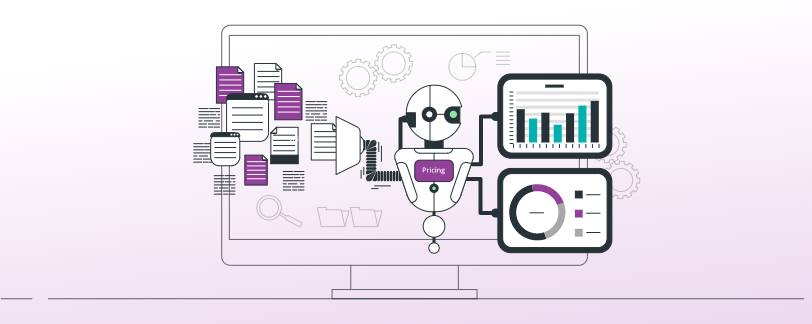
Conscious
The modern customer is different. They demand ease of use, on-demand access, personalization and above all, they demand transparency. Banks of the future must consciously focus on operating models that are open, secure, seamless, and deeply integrated with customer behavior and expectations. They must accelerate their technology transformation strategies to not only deliver hyper personalized experiences but also evolve into ecosystem orchestrators.
Leveraging customer trust and expanding it with meaningful customer interactions requires fundamentally new ways of working. Data is the bedrock of this new banking model and banks must deploy advanced analytics technologies like Artificial Intelligence to best leverage it. With usable insights derived in real time from their data, banks can implement better customer segmentation with a deeper dive into key indicators such as personal interests, purchasing behavior, willingness to pay, prevailing financial situation. Naturally, this will lead to better personalization and engagement. The right technology foundation can also help banks to re-evaluate this information to keep their customer connect relevant, meaningful and value-driven.
In the years ahead, banks will move away from the traditional models of owning the entire customer relationship. Instead, they will become part of a comprehensive ecosystem of third-party service providers who all address customer requirements end-to-end. In an increasingly digital economy, banks will build on the significant customer trust they enjoy and become facilitators of financial services. They will provide real-time contextual recommendations, ensure customer delight, and ensure data security.

